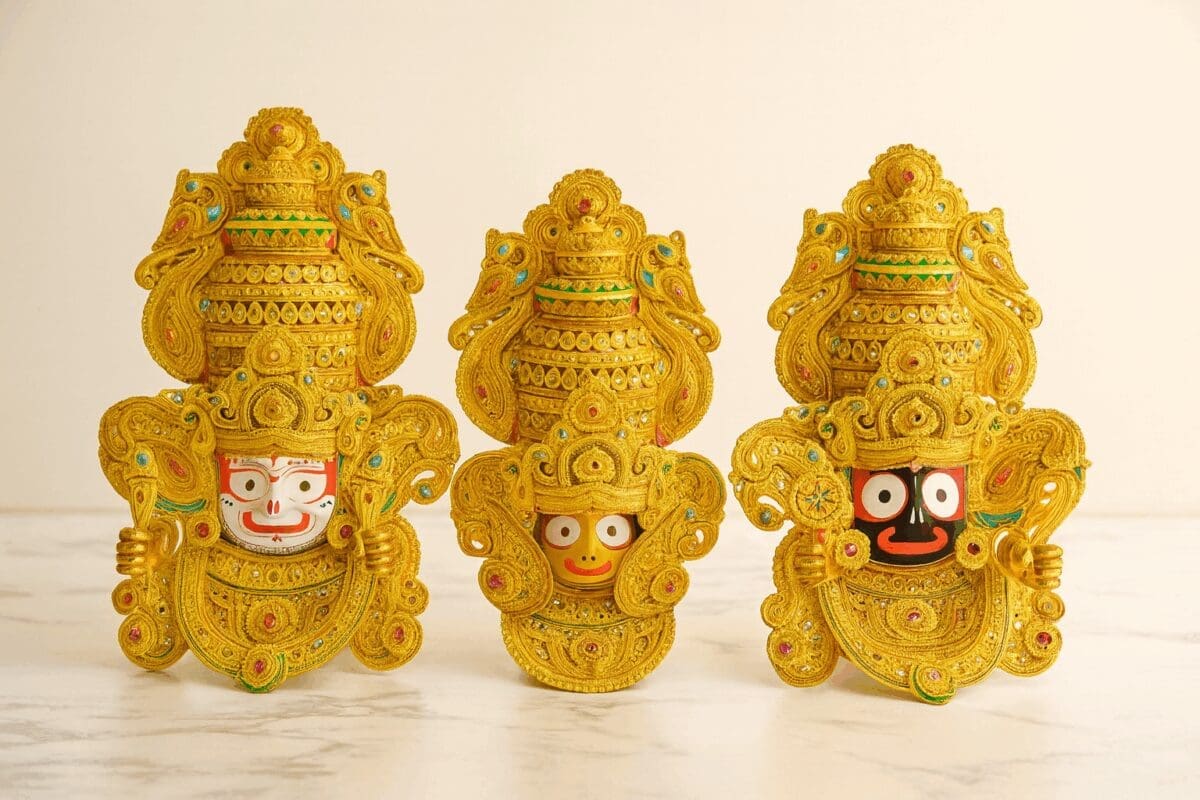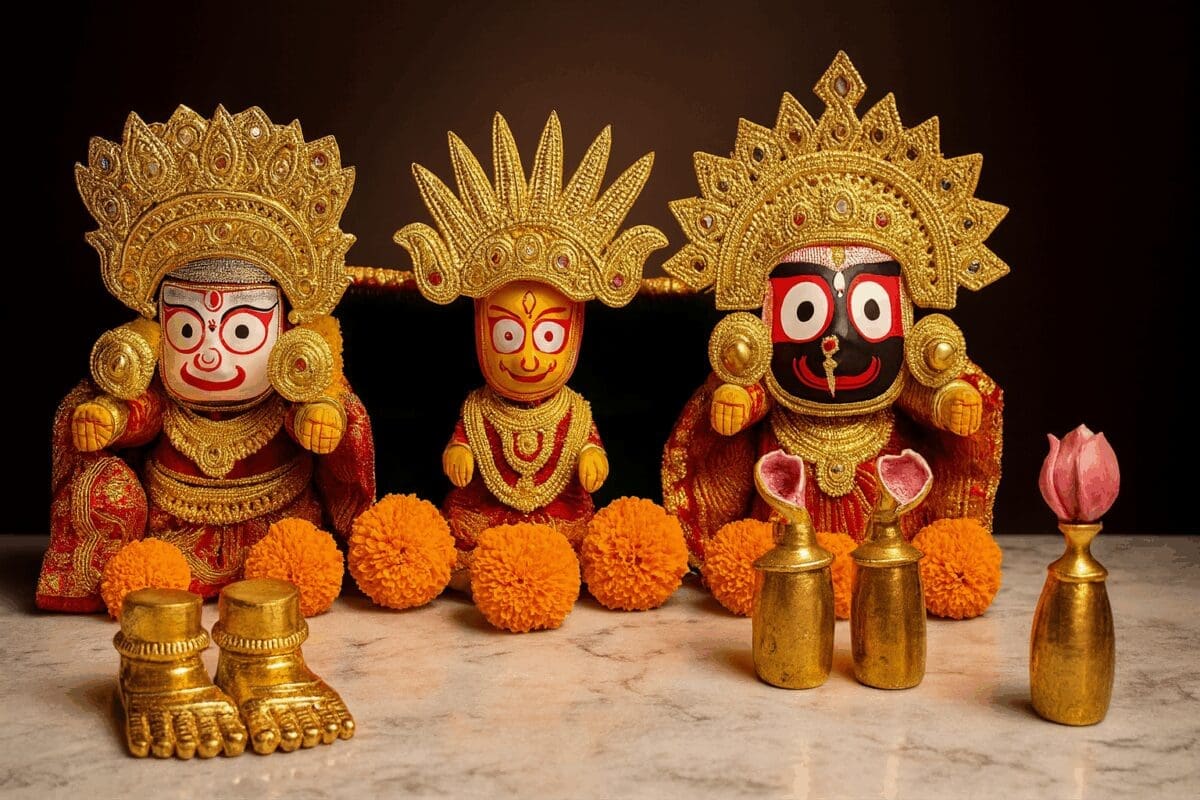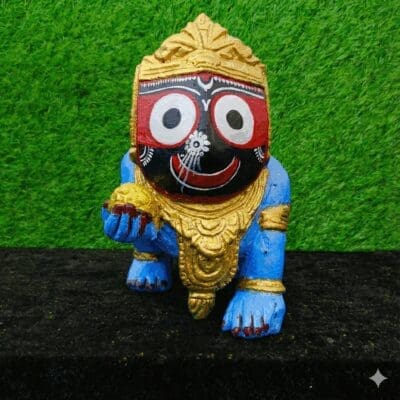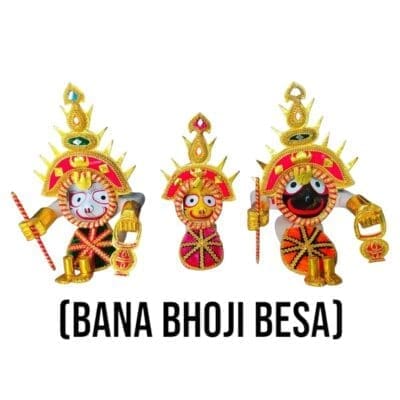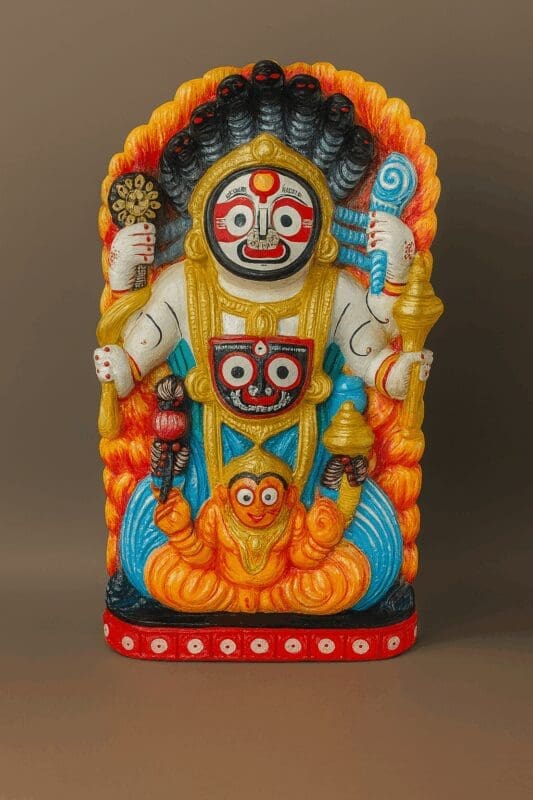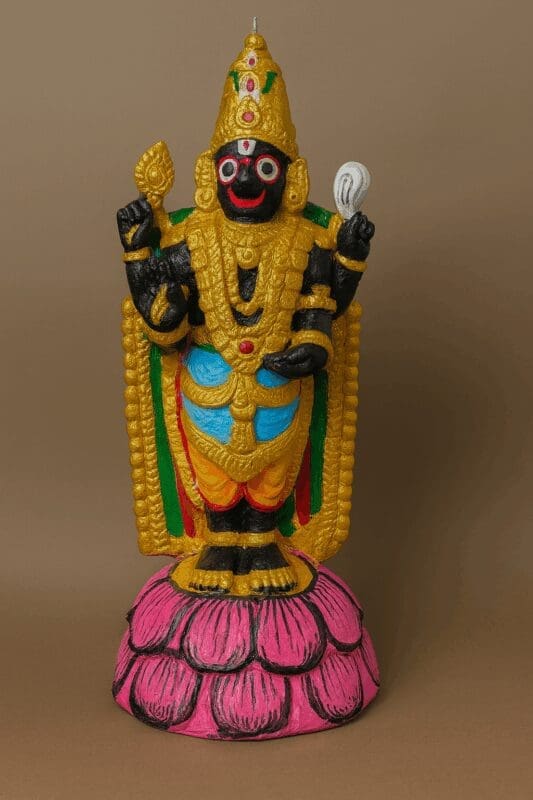History of shri Jagannath mahaprabhu
Saphala Ekadashi: A Path to Success and Divine Grace
In the Hindu calendar, Ekadashi is considered a sacred day dedicated to Lord Vishnu. Among the many Ekadashis, the Pausha Krishna Ekadashi, known as Saphala Ekadashi, stands out as one of the most auspicious. This day is celebrated with fasting and worship to attain both earthly success and ultimate liberation. Let’s explore the significance, rituals, and a powerful story associated with this sacred day.
The Significance of Saphala Ekadashi
The text explains that Saphala Ekadashi is considered the most excellent of all Ekadashis, and is a day for worshiping Lord Vishnu as Narayana. It emphasizes the supreme nature of this day, highlighting the rewards it offers to those who observe it. The name Saphala means “successful,” which signifies that by observing this Ekadashi, one attains success in life, and will also attain liberation after death.
Rituals and Practices
-
Deity: The presiding deity of Saphala Ekadashi is Lord Vishnu in his Narayana form.
-
Practices: Observance involves fasting throughout the day, remaining awake through the night, offering fruits like coconut, banana, and amla (Indian gooseberry) with incense and lamps to Lord Narayana.
-
Night Vigil: Devotees are encouraged to remain awake throughout the night and offer lamps.
-
Parana: Fasting is broken the next day, after performing Parana, and after consuming phala prasad (blessed fruits).
The Story of King Lumbaka
The Ekadashi Mahatmya (glory) of this day is beautifully narrated through the story of King Lumbaka, a wayward prince:
-
Lumbaka’s Disgrace: Lumbaka, the son of King Mahishmati of Champavati, was a sinful and wayward prince. His wicked nature led to his banishment by his father.
-
Life in the Forest: He lived in a forest, surviving by hunting and stealing from his father’s kingdom. He lived under an old Ashwatha (peepal) tree.
-
A Night of Repentance: On a cold winter night, as he suffered through harsh conditions and hunger, his mind turned to his sinful deeds. He begged for forgiveness.
-
The Day of Saphala Ekadashi: The next day he gathered fruits to offer them to Lord Narayana, and in doing so, he inadvertently observed the Saphala Ekadashi fast.
-
Transformation and Salvation: His accidental observance of the Ekadashi led to his inner transformation. He was brought back by his father and given the throne. He ruled the kingdom virtuously and eventually attained Vaikuntha (the abode of Vishnu). This shows the power of even an accidental fast or devotion.
The Benefits of Observing Saphala Ekadashi
The text states that observing Saphala Ekadashi is equivalent to the merit of thousands of years of penance and the performance of the Ashwamedha Yagya (horse sacrifice). It is said to remove all sins and ensure a successful life, and liberation after death.
Insights from the Dialogue Between Yudhisthira and Krishna
The text also recounts a conversation between Yudhishthira and Lord Krishna:
-
Yudhishthira asks Krishna to reveal the significance of the Pausha Krishna Ekadashi.
-
Krishna responds that this Ekadashi is very important to him. He describes the importance of the day, comparing it to the best of everything in the world – among the Nagas, Shesha; among birds, Garuda; among gods, Narayana.
-
He declares that this Ekadashi is as dear to him as the Bhagavad Gita and the Kartika Vrata.
-
He highlights that the observance of Saphala Ekadashi, with worship of Narayana and by remaining awake all night and chanting his name, earns great merit.
-
He then narrates the story of King Lumbaka, to demonstrate the divine power of the Ekadashi.
-
He states that if one observes this fast and worships the lord with devotion, they will attain salvation.
A Call to Devotion
The observance of Saphala Ekadashi invites us to reflect on our actions, seek forgiveness, and cultivate devotion in our lives. It highlights that even a seemingly unintentional act of piety can lead to transformation and liberation.
Bringing the Spirit of Devotion Home
Jai jagannath 😊 🙏



